Changes
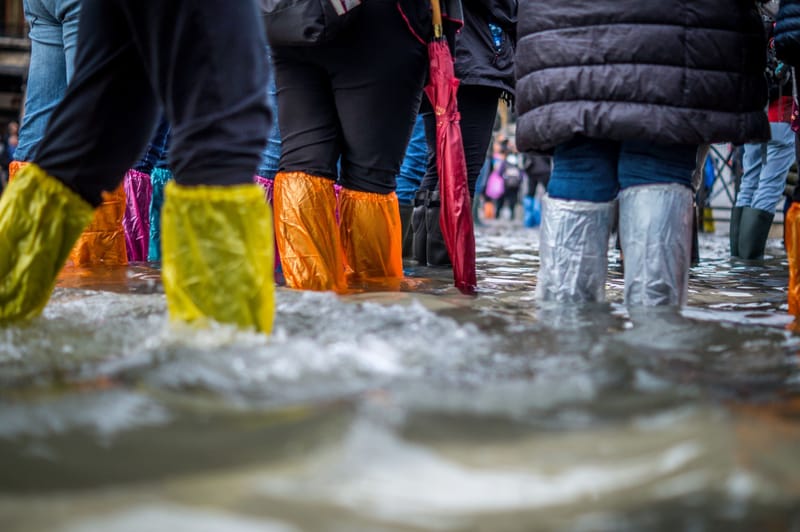
What are Changes?
Changes are alterations to our daily rituals and routines. When they happen, we may feel anxious and automatically consider the harm the changes may cause, a reaction from our fear of the unknown.

How do you manage Anxiety of Changes?
In short, here are 3 different strategies for you to try: Learn from what Worked in the Past, Make the situation More Familiar OR Reward yourself for Dealing with the Change. These strategies are all explained in further detail under the tabs above.

How do you "Learn from what Worked in the Past"?
By looking at your past success with similar changes to the ones you’re dealing with now you can use this experience to help deal with it. To do this effectively, we need to break this down (using some my own experience):

Acknowledge the feeling
There are many times when I get nervous. These revolve around trying to do various things, things that I know MUST be done. I realise that my feelings reveal new information and I can address them.

Identify the cause
There are many things that make me nervous, but to just give you one example: Whenever I Travel Abroad by Plane.

Identify the reason(s) for the cause
I get nervous about travelling through the airport when I go through security checks as I don't like the idea of being searched.
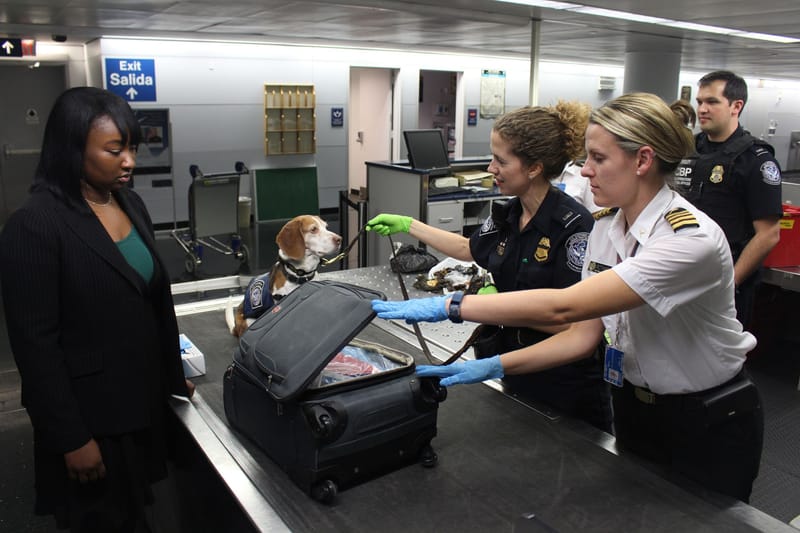
Realise that you may have overcome this in your past
I’ve been searched at least 3 times during travelling abroad but it never stopped me from continuing my journey.
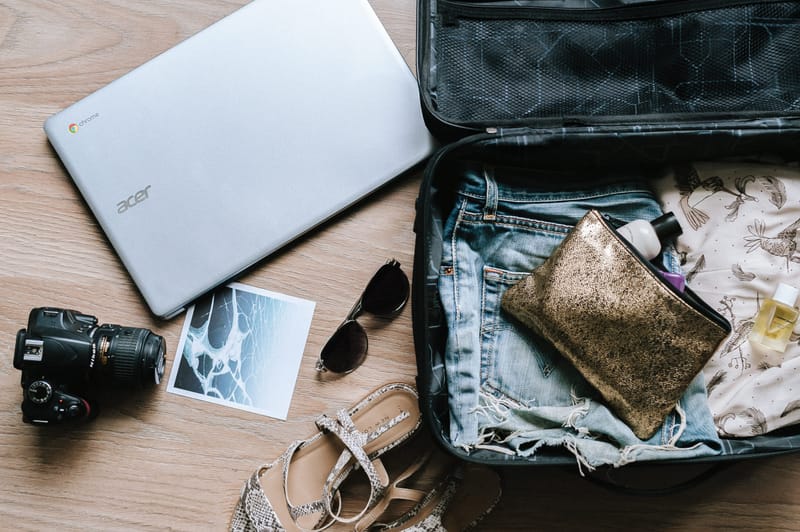
Recognise what helped you in the past
One time I got searched because I forgot to remove my belt before going through the scanner. Another time, my bag was searched because I didn’t take my tablet out of my bag. By following instructions given by security, I was able to continue my journey.
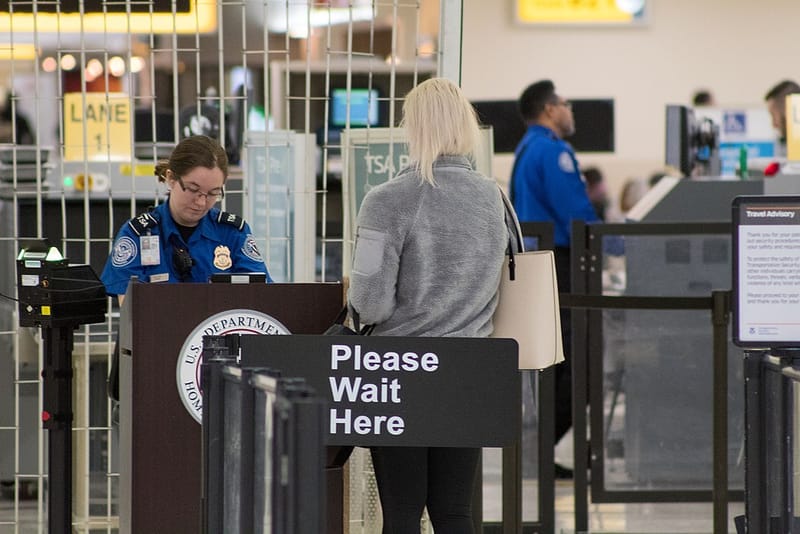
Consider how to use that in the current situation
Whenever I travel now, I wear pants that I don’t need a belt for, I always take my tablet out of my bag and I will comply with security if problems arise.

Remember what you already have
At the end of the day, my family and friends will always be waiting for me, I still have a roof over my head and a holiday to go on.

How do you "Make the situation More Familiar"?
A lot of anxiety over change comes from our instinctive fear of the unknown. This means that if we make the situation more familiar, then the unknown will start to become known. Here are some examples of situations you may encounter and strategies for dealing with them:

Visiting a New Location
You should first use map software (Google Maps or Apple Maps) to find the location and then use Google Street View to see what the place looks like so you recognise it when you get there. You can also use map software to look up public transport routes if this is how you intend to travel. If it is possible, travel up to the location at an earlier date as this is by far the best way to know exactly were you are going and any obstacles you’ll encounter.
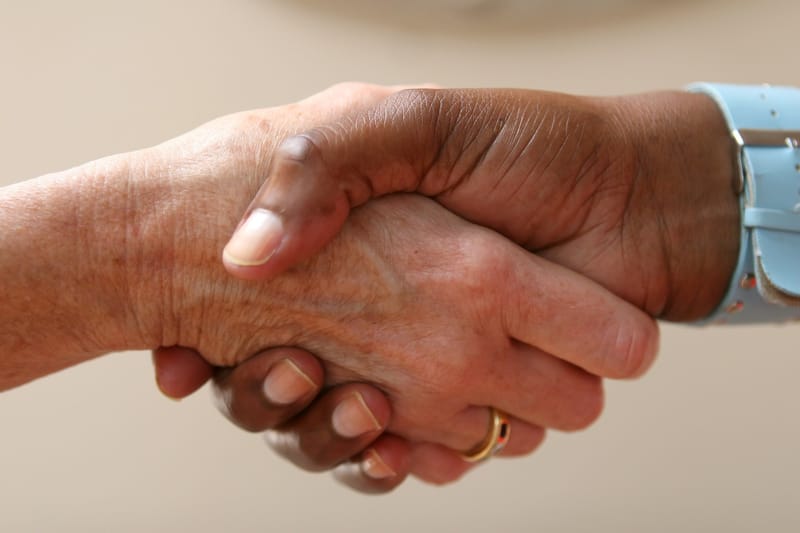
Meeting New People
First, introduce yourself and ask for the person’s name. Next, find out what they like such as a hobby or anything specific that you also like. Both you and the person will be able to connect on this common ground and this will open the door to new conversations with new friends. If you want to learn more on how to meet new people, then see the INTERACTION section further down this page.

Starting a New College/Degree course
First, find their website. Their website should have the location of the college/university and all the courses they offer. Next, find out when their open days are: these open days allow you to look around a college/university, meet the teachers of the courses and learn about the services offered by the college/university. If you have been unable to attend an open day then remember that the first year of university begins with “Freshers Week”, were the university introduces you to your course and gives you time to familiarise yourself with the ins and outs of the university.

How do you "Reward yourself for Dealing with the Change"?
Think about what makes you feel good, what do you enjoy? For me, after I have dealt with a challenge I like to play video games or watch a film at the cinema. Keep in mind, this should be done in moderation and by this I mean that I play video games that don't take up too much of my time, usually old games as I know I won't get addicted to them.

How does a "Reward" help me?
Rewarding yourself after a challenge, rewires your brain to associate risks (of change) with rewards and that risks will be worth taking to earn the rewards. Remember, the change comes first not the reward. If you take rewards without putting in the effort to change then you cheat yourself out of the real reward of making changes for the better of your wellbeing.

Embrace Change
Not everything in life is going to be known to us so if you try accepting this uncertainty, you can learn to embrace change. Some changes can benefit us in the long run such as moving house or going to university and although changes seem daunting, think of them as as new adventures in your life that will take you to new horizons.